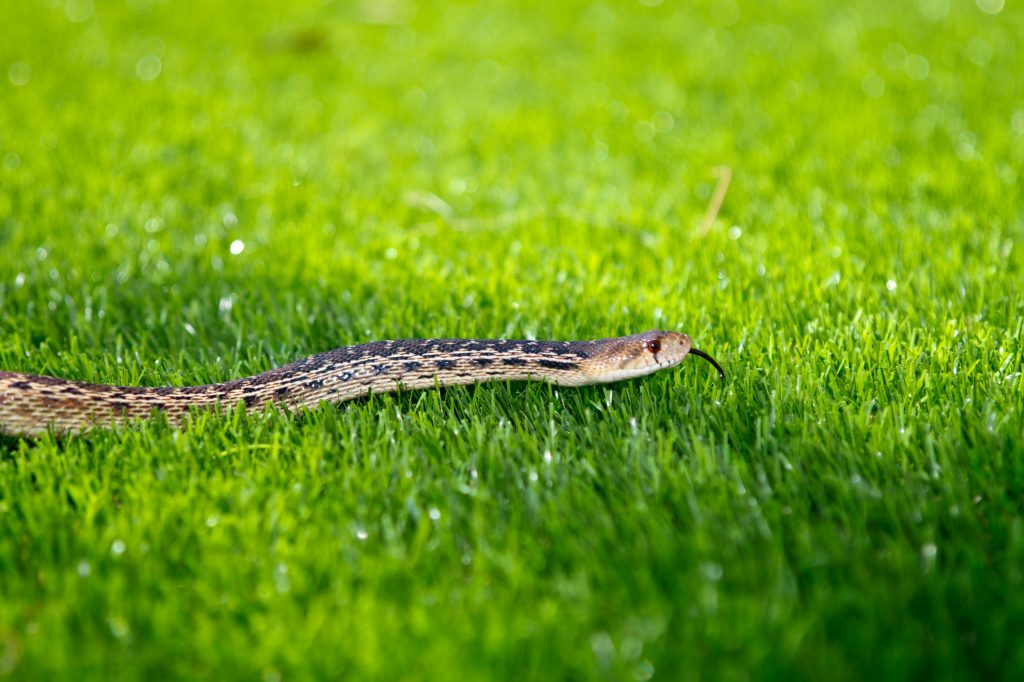What does sulfur kill snakes? This question has been asked by many people who are curious about the effects of sulfur on snakes. In this article, we will uncover the surprising answer. We will discuss the potential benefits and risks of sulfur for snakes and what to consider when introducing sulfur into their habitat. Finally, we will explore the potential implications of sulfur for other animals and the environment.
Types of Snakes
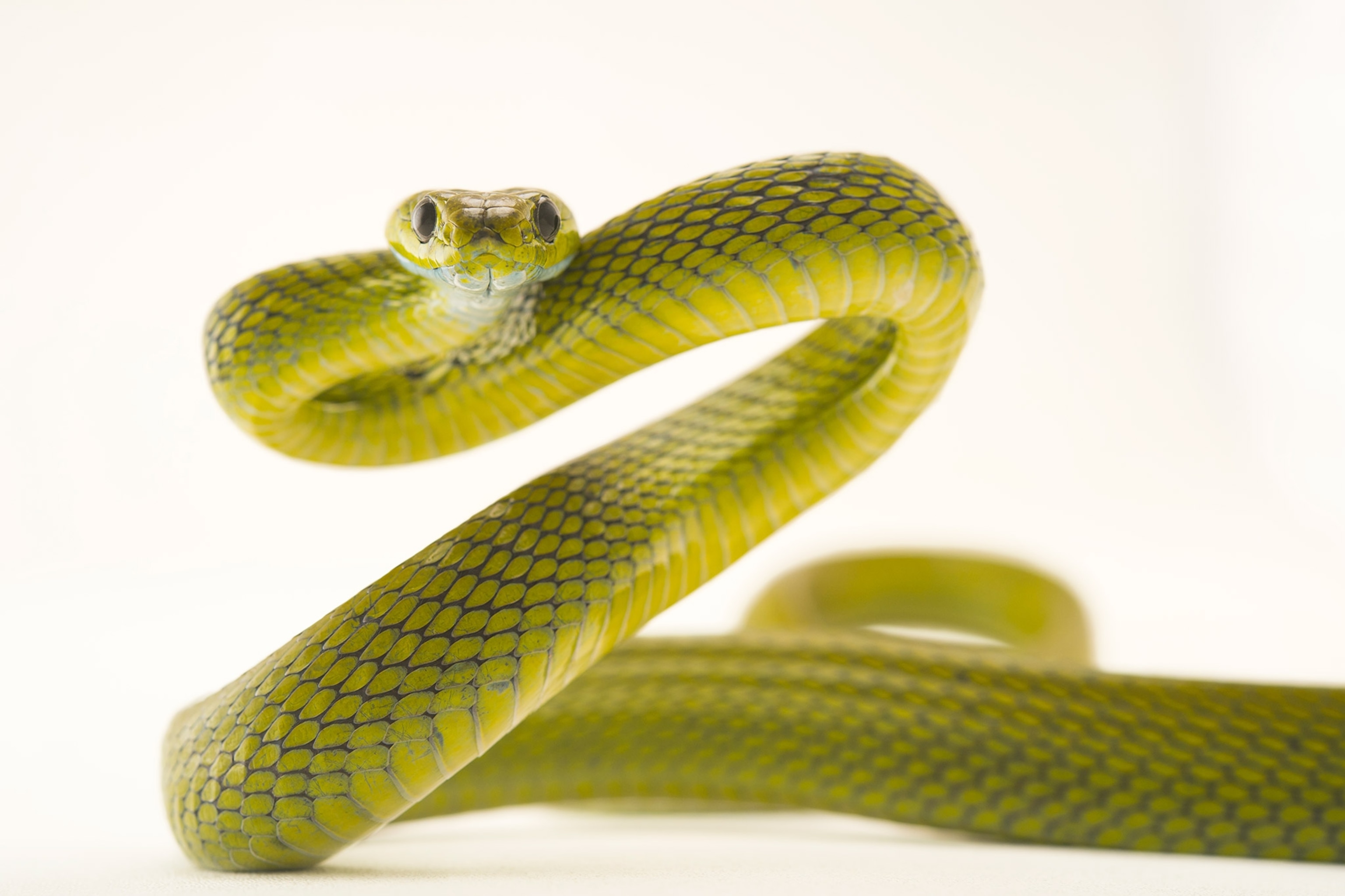
| Type | Specie | Location |
|---|---|---|
| Pit Vipers | Crotalus, Agkistrodon | North America, South America, Europe, Asia |
| Cobras | Naja | Africa, Asia |
| Boa Constrictors | Boa | North America, South America |
| Pythons | Python, Morelia, Liasis | Africa, Asia |
| Racer | Coluber | North America, South America, Europe, Asia |
| Sea Snakes | Hydrophiinae | Indian Ocean, Pacific Ocean, Mediterranean Sea |
| Blind Snakes | Typhlopidae, Leptotyphlopidae | Africa, Asia, Australia, South America |
There are many types of snakes, including pit vipers, cobras, boa constrictors, pythons, racers, sea snakes, and blind snakes. Pit vipers, including species like Crotalus and Agkistrodon, can be found in North America, South America, Europe, and Asia. Cobras, such as the Naja species, are native to Africa and Asia. Boa constrictors can be found in North and South America. Pythons, such as species like Python, Morelia, and Liasis, are native to Africa and Asia. Racers of the Coluber genus can be found in North America, South America, Europe, and Asia. Sea snakes, of the Hydrophiinae family, can be found in the Indian Ocean, Pacific Ocean, and Mediterranean Sea. Blind snakes, such as species from the Typhlopidae and Leptotyphlopidae families, can be found in Africa, Asia, Australia, and South America.
How Does Sulfur Kill Snakes?
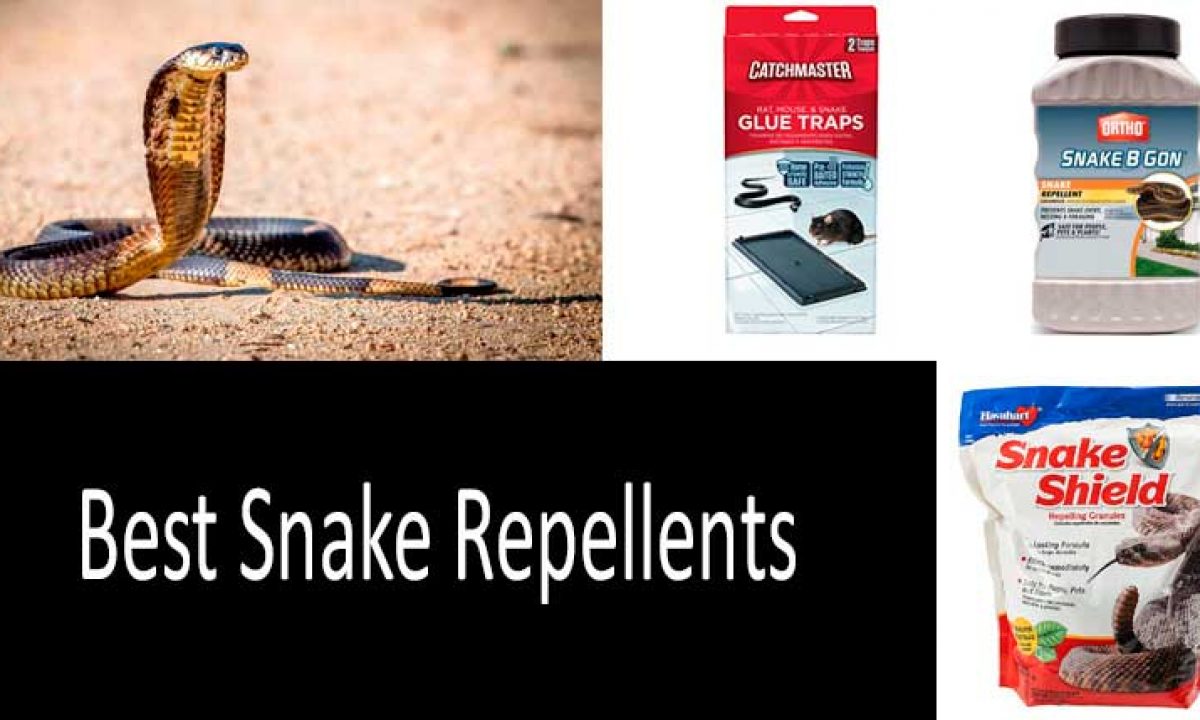
Sulfur is a toxic substance that is fatal to snakes when ingested. When consumed, the sulfur reacts with the digestive enzymes in the snake’s stomach and breaks down its cells, leading to death. Sulfur is also toxic when inhaled, and can cause respiratory distress if a snake is exposed to high concentrations of sulfur in the air. In addition, sulfur can also irritate the skin of a snake, leading to discomfort and possible infection.
Sulfur and Non-Venomous Snakes
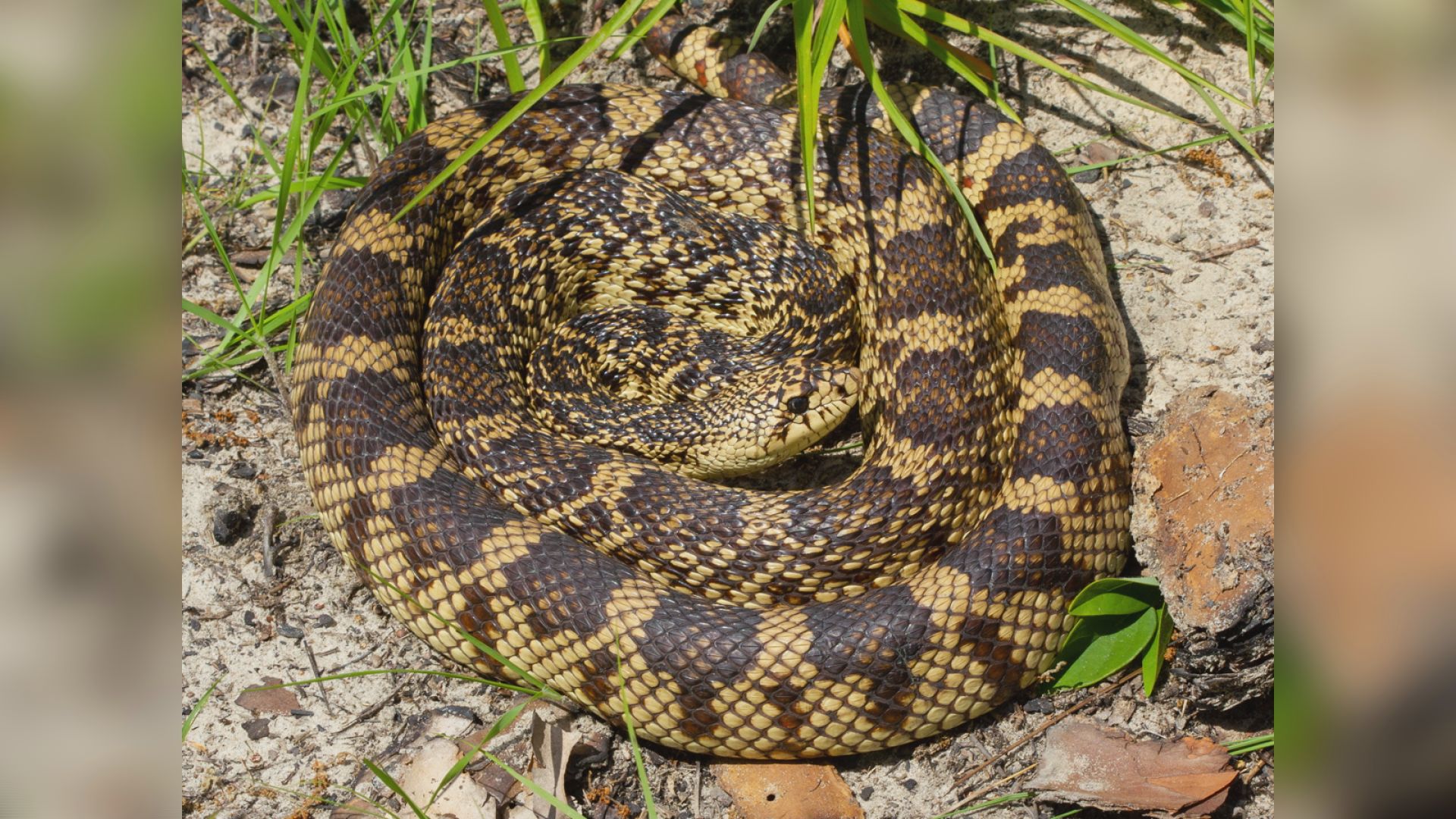
Sulfur is generally not considered to be effective against non-venomous snakes. While sulfur can be used to repel snakes, it is not a proven method of killing them. Sulfur can be used to create an unpleasant environment for snakes, but it is not an effective way of eliminating them. This is because the sulfur can dissipate quickly, and the snakes can easily avoid it if they are not deterred.
Non-venomous snakes should not be killed. Instead, humane methods of removal should be used. There are several humane methods for removing snakes from your property, such as:
- Relocating the snake to a more suitable habitat
- Setting up exclusion barriers around the property
- Creating an environment that is less conducive to snakes
- Using snake repellents such as ammonia and mothballs
In addition to these methods, it is important to be aware of the snakes in your area and to take steps to discourage them from entering your property. Removing any potential hiding places, such as piles of wood or other debris, can help to reduce the number of snakes in the area. Taking these steps will help to create an environment that is less appealing to snakes and will reduce the need to use inhumane methods of removal.
Sulfur and Venomous Snakes
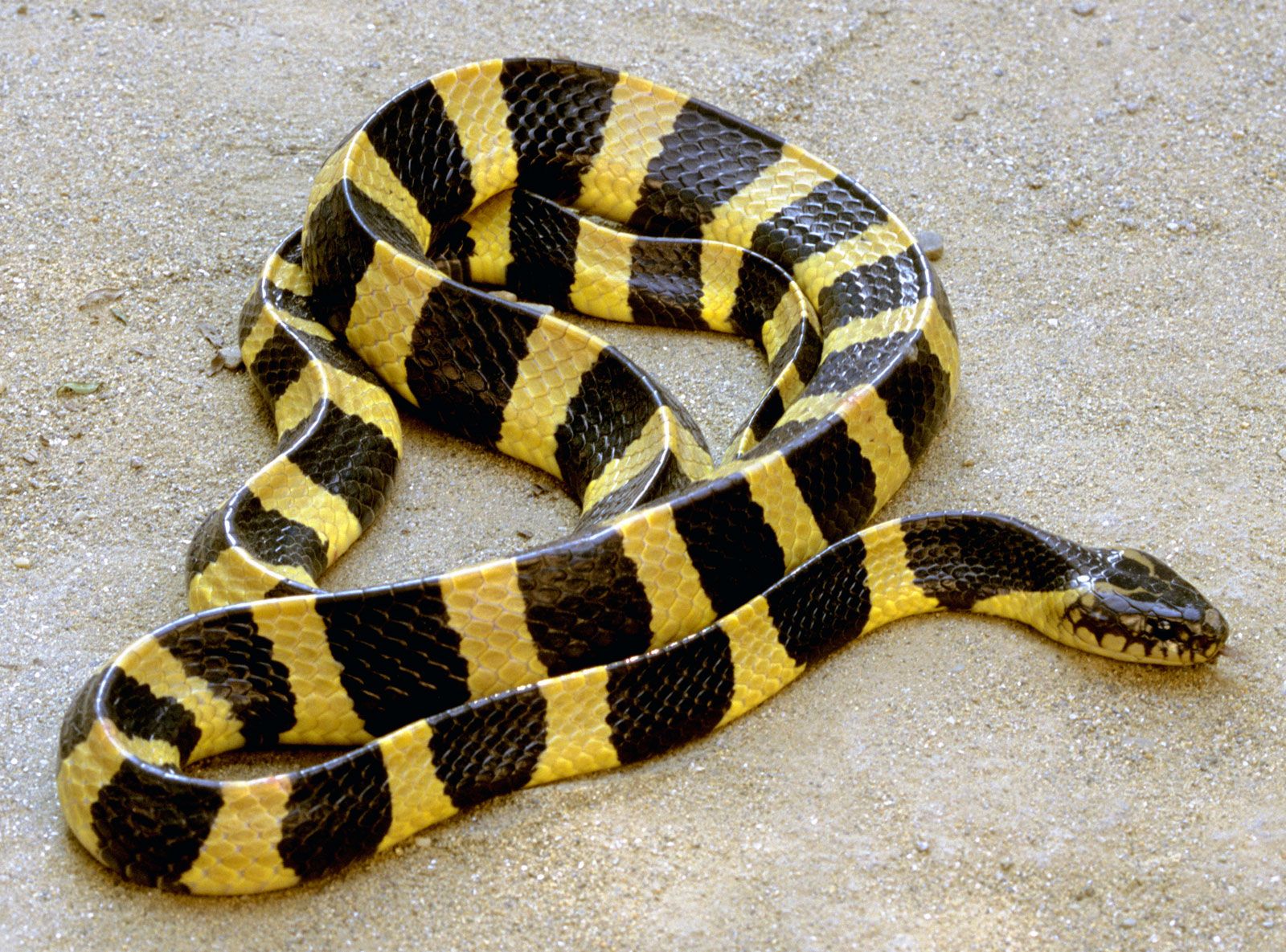
| Snakes | Effect of Sulfur |
|---|---|
| Non-Venomous | Sulfur is an effective repellent for non-venomous snakes. |
| Venomous | Sulfur can be used to create a barrier to help keep venomous snakes away, but it does not kill them. |
Sulfur is an effective snake repellent for non-venomous snakes, as it can be used to create a barrier to keep them away. However, it is not an effective method for killing venomous snakes. Sulfur can be used to create a barrier to help keep venomous snakes away, but it does not kill them.
Benefits of Using Sulfur to Kill Snakes
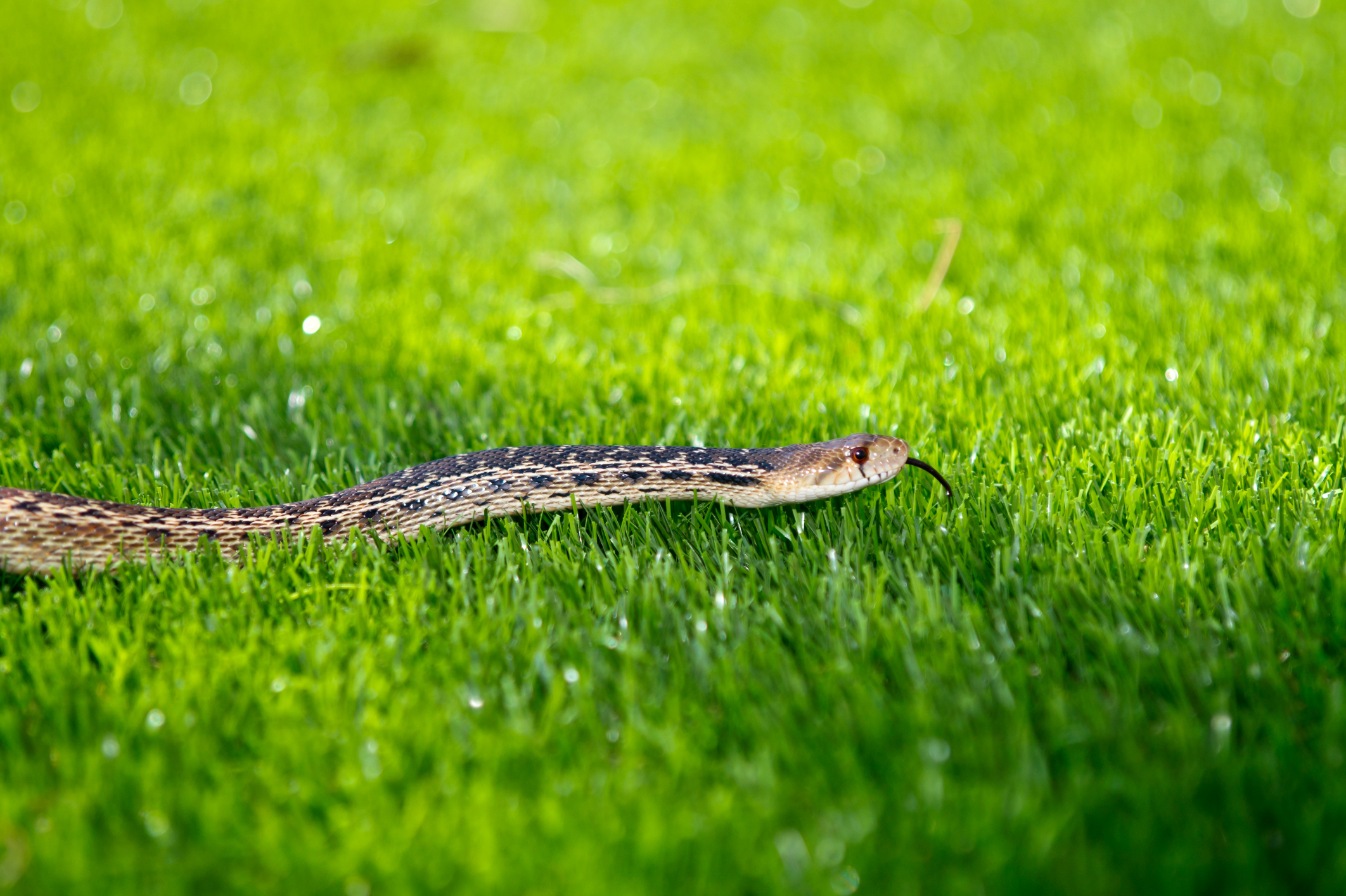
| Benefit | Description |
|---|---|
| Quick Action | Sulfur is fast-acting, killing snakes within minutes of contact. |
| Non-toxic to Humans | Sulfur is a natural pesticide, and when used in moderation, is not toxic to humans. |
| Safe to Use | Sulfur can be applied to the yard or other areas where snakes are known to enter without fear of harm to children or pets. |
| Cost Effective | Sulfur is one of the most cost-effective ways to rid your property of snakes. |
Sulfur is an effective and safe way to kill snakes. When used correctly, it can be an effective deterrent against snake infestations. It is non-toxic to humans and pets, is fast-acting, and is cost-effective.
Drawbacks of Using Sulfur to Kill Snakes
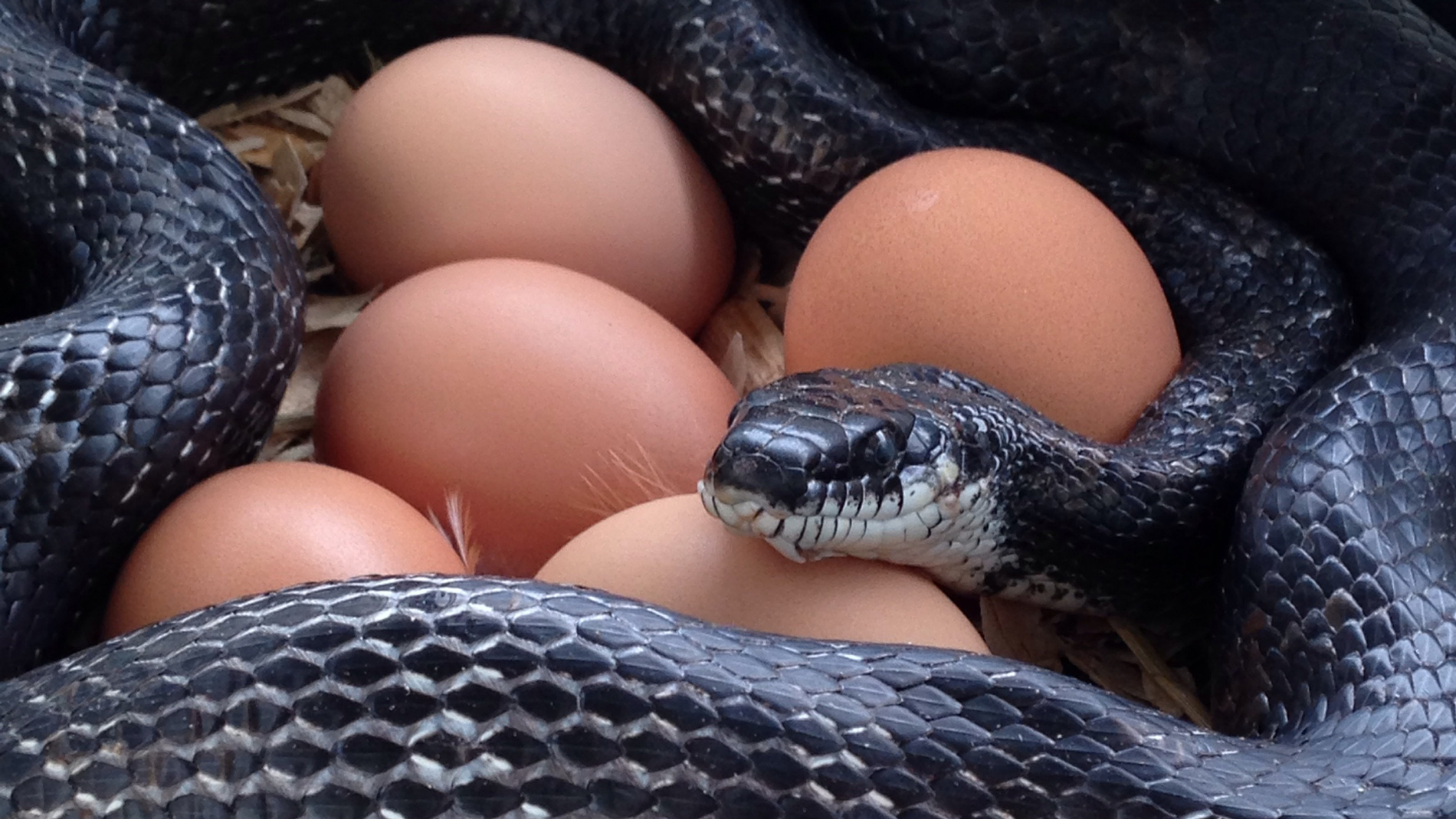
- Sulfur is not an effective method to get rid of snakes as they can easily slither away.
- The sulfur can also be harmful to other animals and plants, as well as humans, when used in high concentrations.
- Inhaling sulfur fumes can cause respiratory issues and skin irritation.
- The sulfur can also seep into the soil and contaminate ground water.
- Long-term use of sulfur can also cause environmental damage.
- It is also not a very cost-effective method, as sulfur needs to be constantly reapplied or replaced.
Alternatives to Using Sulfur to Kill Snakes
- Using a snake trap: Snake traps come in a variety of shapes and sizes, including box traps, glue traps, and baited traps. These traps can be used to capture a snake so that it can be relocated or killed.
- Using a snake repellent: Snake repellents come in a variety of forms, including granules, sprays, and liquids. These repellents use natural or synthetic substances that are designed to repel snakes from an area.
- Using a snake fence: A snake fence is a physical barrier that is designed to keep snakes out of an area. These fences can be made of metal, wood, or plastic and typically range in height from 3 to 5 feet.
- Using a snake stick: A snake stick is a long pole with a hooked end that can be used to capture a snake. These sticks are typically made of metal or plastic and can be used to safely capture a snake without having to physically handle it.
- Using a snake catcher: Snake catchers are professionals who specialize in safely capturing and relocating snakes. These professionals can be hired to safely remove a snake from an area.
Safety Tips for Using Sulfur to Kill Snakes
• Always wear protective clothing, such as gloves, goggles, and a face mask, when handling sulfur.
• Sulfur is an irritant, so avoid contact with skin, eyes, and mucous membranes.
• Do not use sulfur in enclosed areas as it can produce dangerous concentrations of sulfur dioxide.
• If using sulfur in a confined space, make sure to wear a respirator and ventilate the space.
• As sulfur is a fire hazard, avoid using sulfur near any open flames or sparks.
• Before using sulfur, ensure that the snake is no longer living.
• Store sulfur in a sealed container, away from children and pets.
• Dispose of sulfur safely, such as in a sealed container or by burying it in the ground.
Frequently Asked Questions
What are the benefits of using sulfur to kill snakes?
Sulfur is a natural and effective way to repel and kill snakes. It is a highly odorous, non-toxic, and inexpensive repellent that is widely available in garden centers and pest control stores. It is safe to use around children, pets, and wildlife and has no lasting environmental effects. Additionally, sulfur is effective against a wide variety of snake species and can be used in both indoor and outdoor areas.
How Effective is Sulfur in Eliminating Snakes?
Sulfur can be an effective way to repel snakes from areas that they frequent. It can be used to create a barrier around a home or garden, and the foul odor of sulfur will usually prevent snakes from crossing the line. Sulfur can also be used in powdered form to create a dusting around the perimeter of a property, and this can be an effective way to ward off snakes. However, it is important to note that sulfur is not a reliable method of eliminating snakes completely, as it is only effective at repelling them.
Is sulfur a safe and humane way to remove snakes?
Sulfur is not a recommended method for snake removal as it can be toxic to humans and pets if overused. Sulfur dust can be used in small quantities as a repellent, but it must be used carefully and cautiously. If used incorrectly, sulfur can cause serious respiratory irritations and even sickness. Additionally, there is no humane way to use sulfur to kill snakes, as the dust is not specific to the snake species. Therefore, it is not recommended to use sulfur to remove snakes.
What other methods can be used to get rid of snakes besides sulfur?
Snakes can be removed from an area by trapping, repelling, or physically removing them from the premises. Traps such as glue boards, cage traps, and kill traps can be used to capture snakes and remove them from the area. Repellents such as ultrasonic waves, ammonia, and predatory scents can be used to repel snakes away from the desired area. Physical removal of a snake can also be done by a professional wildlife control expert.
Is Sulfur a Reliable Repellent for Keeping Snakes Away?
Sulfur is a common, natural element found in many insect and snake repellents. However, there is limited evidence to suggest that sulfur is an effective snake repellent. Some studies have found that snakes tend to avoid areas with a high sulfur concentration, but there is no conclusive evidence to support the use of sulfur as a reliable repellent. In most cases, other methods such as removal of debris and trimming of vegetation are more effective at keeping snakes away.
Conclusion
Sulfur is an essential element for the health and wellbeing of snakes. In small doses, it is an excellent source of nutrition for them, and it also helps them to protect themselves from parasites and other predators. In larger doses, it can be dangerous and can even be lethal. It is important to consult a veterinarian if you are concerned about the amount of sulfur your snake is consuming.
